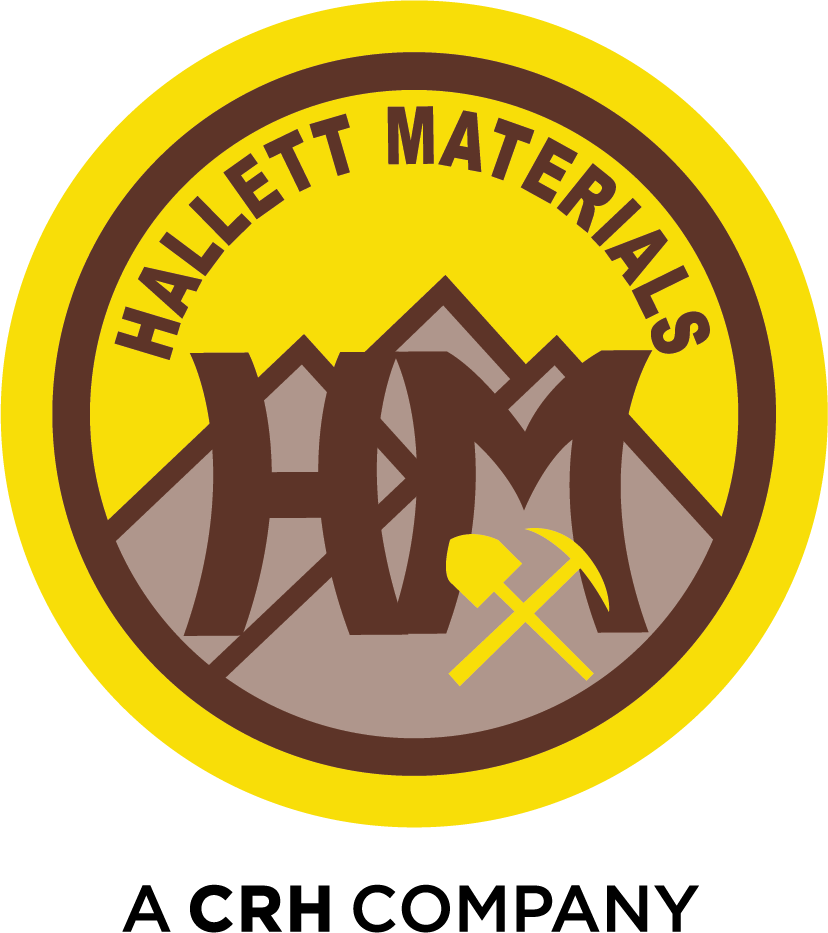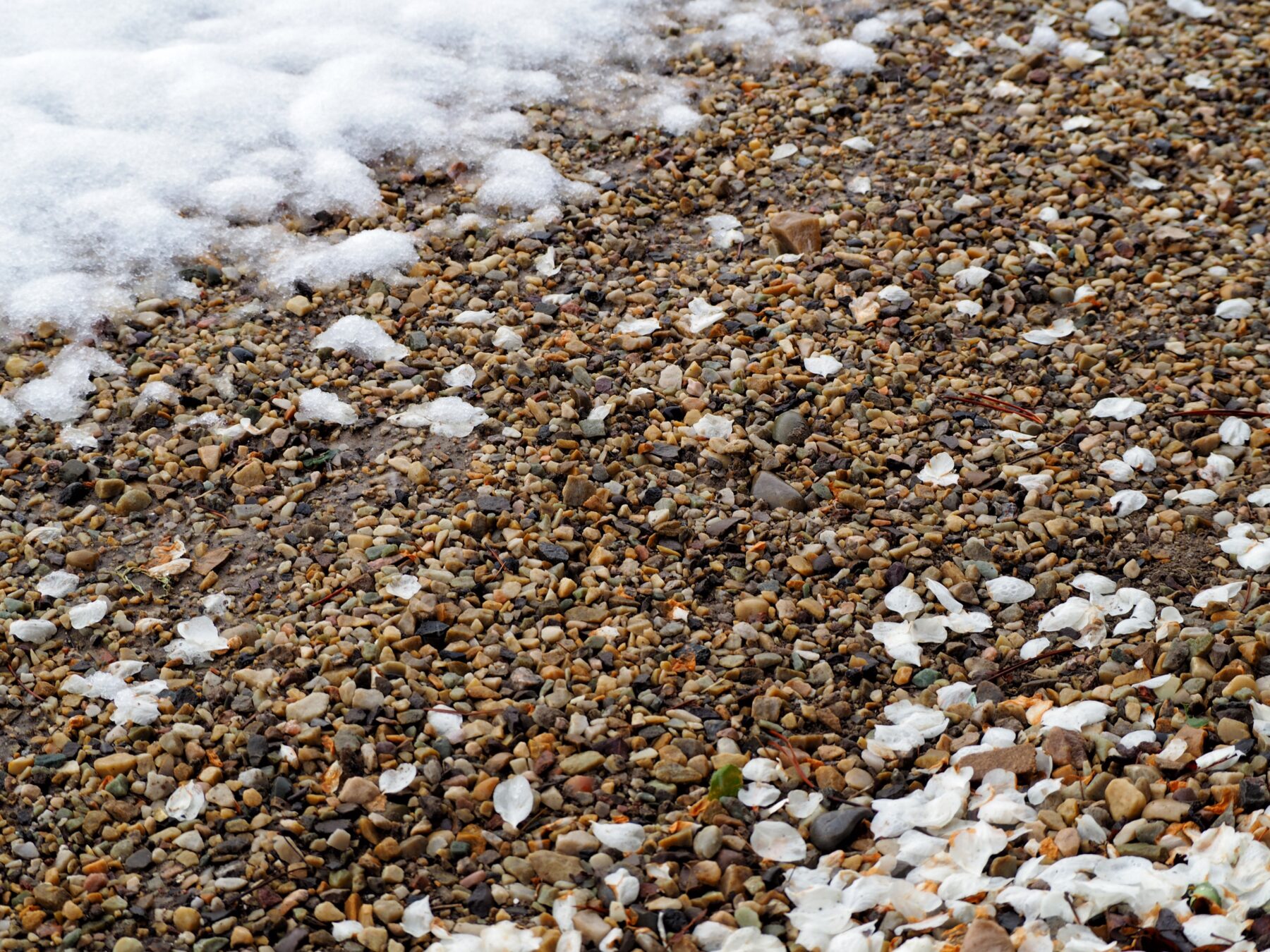The Best Gravel Types for Preventing Winter Driveway Erosion
Winter conditions put driveways to the test. Snowmelt, freeze-thaw cycles, and heavy runoff can quickly strip away poorly chosen materials, leaving ruts and uneven surfaces. Gravel driveways, however, can be built to withstand these conditions if the proper type of gravel is used. Selecting the appropriate base and surface gravel is the key to preventing erosion and ensuring a stable, long-lasting driveway.
September 29, 2025
Why Gravel Selection Matters in Winter
Driveways face their toughest conditions during the winter months. When water from melting snow seeps into the surface, it can refreeze and expand, pushing loose material aside. Without the right gravel, this repeated cycle leads to potholes, washouts, and surface degradation. Properly graded gravel with the correct blend of stone sizes secures the surface to resist displacement and allows for efficient drainage, reducing the risk of erosion.
Crushed Stone for a Strong Foundation
Crushed stone is an effective foundation for any erosion-resistant driveway. Angular pieces of crushed stone interlock tightly, creating a stable base that can withstand the pressure of vehicle traffic and resist movement caused by freeze-thaw cycles. A layer of crushed stone provides both strength and drainage, preventing water from pooling beneath the driveway surface where it could otherwise destabilize the structure.
Dense Grade Gravel for Durability
Dense Grade Aggregate, also known as crusher run, is one of the most reliable choices for a driveway that requires the resistance to winter erosion. This material combines fine stone dust with small crushed rock, creating a mix that compacts firmly while allowing water to drain. The combination of fine and larger particles makes it ideal for interlocking, reducing the risk of shifting or washout after heavy precipitation or snowmelt.
Washed Gravel for Effective Drainage
While dense aggregates provide strength, surface drainage is just as critical. Washed gravel, which consists of smooth, clean stones, can be used in the top layer of a driveway to facilitate water movement. The rounded shape of washed gravel promotes runoff and helps prevent water from lingering on the surface. Pairing washed gravel with a solid base layer ensures both drainage and stability through the winter season.
The Role of Proper Grading and Slope
Even the best gravel will not work properly without the right grading. Driveways should be built with a slight crown or slope that naturally directs water toward the sides, keeping it from pooling in the center. Strategic grading ensures that snowmelt and rainwater are redirected efficiently, working in tandem with the right gravel mix to prevent erosion. Without this slope, water can linger and weaken the structure, no matter how durable the material.
Recycled Concrete Aggregate as a Sustainable Option
Recycled Concrete Aggregate (RCA) offers one of the more environmentally responsible alternatives to traditional gravel. With similar properties to crushed stone, RCA compacts well and provides excellent drainage. For property owners looking to combine performance with sustainability, RCA is a practical choice for building a driveway that resists erosion without sacrificing long-term strength.
Preventing winter driveway erosion comes down to choosing the proper materials and layering them effectively. A solid base of crushed stone, topped with dense grade aggregate, and finished with washed gravel creates a structure designed to withstand winter’s toughest conditions. For those seeking a sustainable approach, incorporating recycled concrete aggregate provides added environmental value. With the proper material basis, a gravel driveway not only survives the season, but also remains sturdy and reliable year after year.

